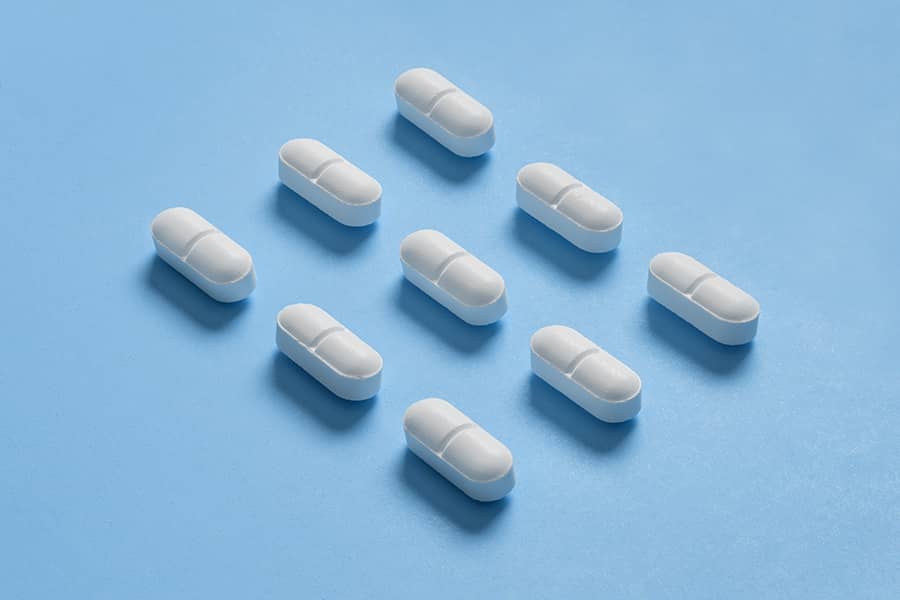Decrease in opioid prescriptions for the first time in decades
For the first time in 20 years, experts are reporting a decrease in the number of written opioid prescriptions. The hope is that this reduction signals a turning point in the opioid epidemic, that perhaps prescription guidelines and warnings about the dangers of addiction are resonating in the medical community. This decrease has not been correlated with a decrease in fatalities, and the use of illicit drugs is still highly alarming, but at least we are seeing some sign of success in terms of policy-making and education. Read more here






